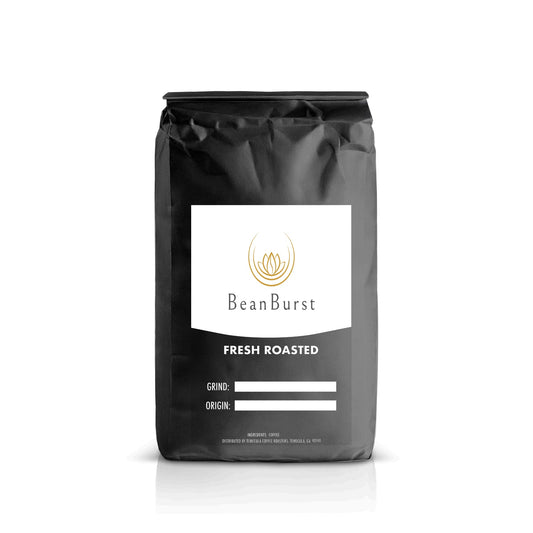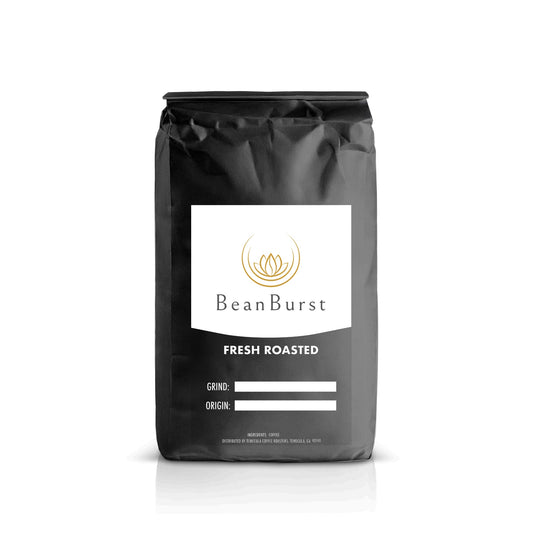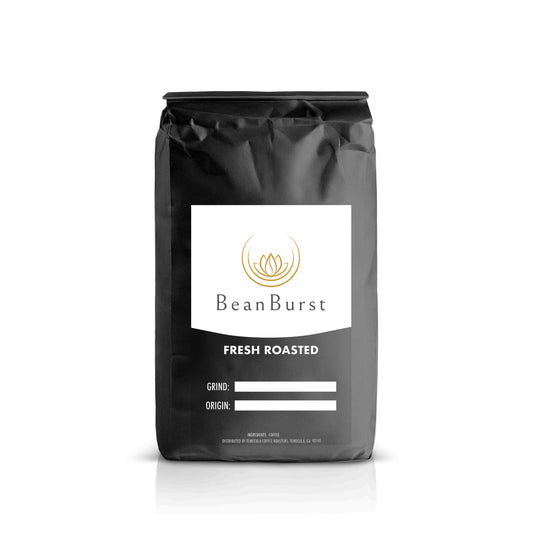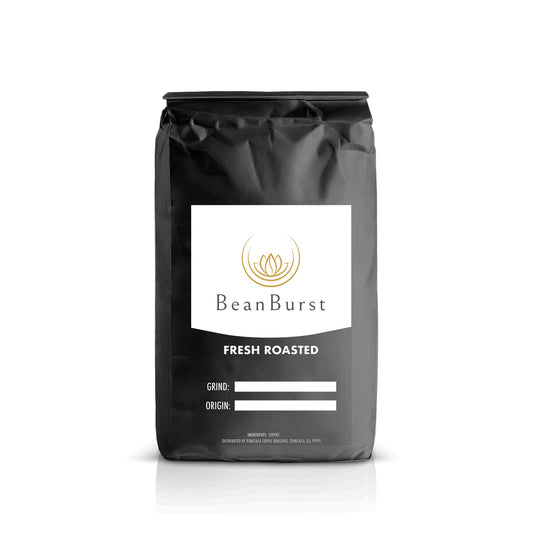Many coffee enthusiasts debate whether ground coffee can match the freshness of whole bean coffee. Understanding the nuances of coffee storage, freshness, and preparation can help you decide which option is best for you. This article examines the differences between ground coffee and whole bean coffee to help inform your decisions.
Understanding Coffee Freshness
Freshness in coffee refers to the quality and flavor profile, which can be significantly affected by the state of the beans. Whole bean coffee retains its freshness longer than ground coffee due to its intact cell structure. When the beans are ground, they expose more surface area to oxygen, which can accelerate the staleness process.
Generally speaking, coffee is at its peak freshness for about two weeks after roasting, but ground coffee can lose its essence much faster. In fact, it’s typically best consumed within a week of being ground. This rapid decline in flavor and aroma can make a substantial difference in your coffee experience.
An important factor to consider is the method of brewing. If you value the nuanced flavors that come from fresh coffee, utilizing whole beans is a preferable option, as you have the control to grind them just before brewing, maximizing their freshness.
How Does Grinding Affect Freshness?
Grinding coffee transforms whole beans into a usable form, but this very process introduces several factors that impact freshness. As mentioned earlier, exposure to oxygen is a key concern. The more finely ground the coffee, the quicker it will lose its flavor. This means that choosing the right grind size for your brewing method is vital for preserving the freshness.
Moreover, grinding coffee produces heat and friction, which can alter the flavor profile. Higher temperatures during grinding can cause some of the delicate oils in coffee to evaporate. This loss can leave you with a cup of joe that lacks the depth and richness you’d expect from a fresh brew. Therefore, taking care in how and when you grind your coffee is essential.
In essence, the grinding process can significantly affect the quality of your coffee. If you’re seeking the freshest brew, consider investing in a high-quality burr grinder and only grinding as much coffee as you need for each brewing session.
The Impact of Storage on Ground Coffee
Storage plays an equally important role in maintaining coffee freshness. Ground coffee should always be stored in an airtight container to minimize oxidation. Exposure to light, moisture, and heat can greatly diminish the quality of your ground coffee. Ideally, store it in a cool, dark place to extend its lifespan.
It’s worth noting that even with appropriate storage, ground coffee can only maintain its peak freshness for a limited time. While whole beans can last for several weeks or even months if stored correctly, ground coffee’s flavor can rapidly deteriorate, making it less enjoyable over time.
Ultimately, if you must purchase ground coffee, aim to buy smaller quantities that you can consume quickly. This ensures that you enjoy your coffee at its freshest, helping to balance convenience with quality.
Flavor Profile: Ground vs. Whole Bean Coffee
The flavor profile of coffee relies heavily on how it is processed and stored. Whole bean coffee often provides a richer, more complex flavor when brewed, as the natural oils and carbon dioxide remain locked within the beans until ground. This results in a cup of coffee with enticing notes and a satisfying aroma.
In contrast, ground coffee may taste stale or less vibrant, lacking the nuanced flavors present in whole beans. While certain brands take extra precautions during grinding and packaging, the reality is that nothing quite compares to the freshness and richness of grinding your own whole beans right before brewing.
Thus, for coffee aficionados or anyone who truly values the experience of coffee, whole bean coffee usually reigns supreme. However, ground coffee remains a popular option for its convenience, fitting well into various lifestyles that prioritize quick preparation.
Tips for Maintaining Freshness in Both Types
To keep your coffee fresh, consider a few key practices. For both ground and whole bean coffee, prioritize purchasing from reputable roasters who provide fair-trade and fresh beans. This typically means they roast smaller batches that will be at their best flavor-wise.
It’s also beneficial to invest in an airtight container if purchasing whole beans. Being mindful of how much coffee you grind at a time can significantly impact your overall experience. When selecting ground coffee, always check the roast date on the bag and choose the freshest options available.
Finally, experimenting with different brewing methods allows you to discover which method suits your tastes best, whether you lean towards whole beans or ground coffee. Remember, your coffee experience can significantly improve with fresh, quality beans and mindful storage practices.
Final Thoughts on Coffee Freshness
In conclusion, while ground coffee offers convenience, whole bean coffee often provides a fresher and more flavorful experience. Your choice ultimately depends on your brewing preferences and lifestyle.








